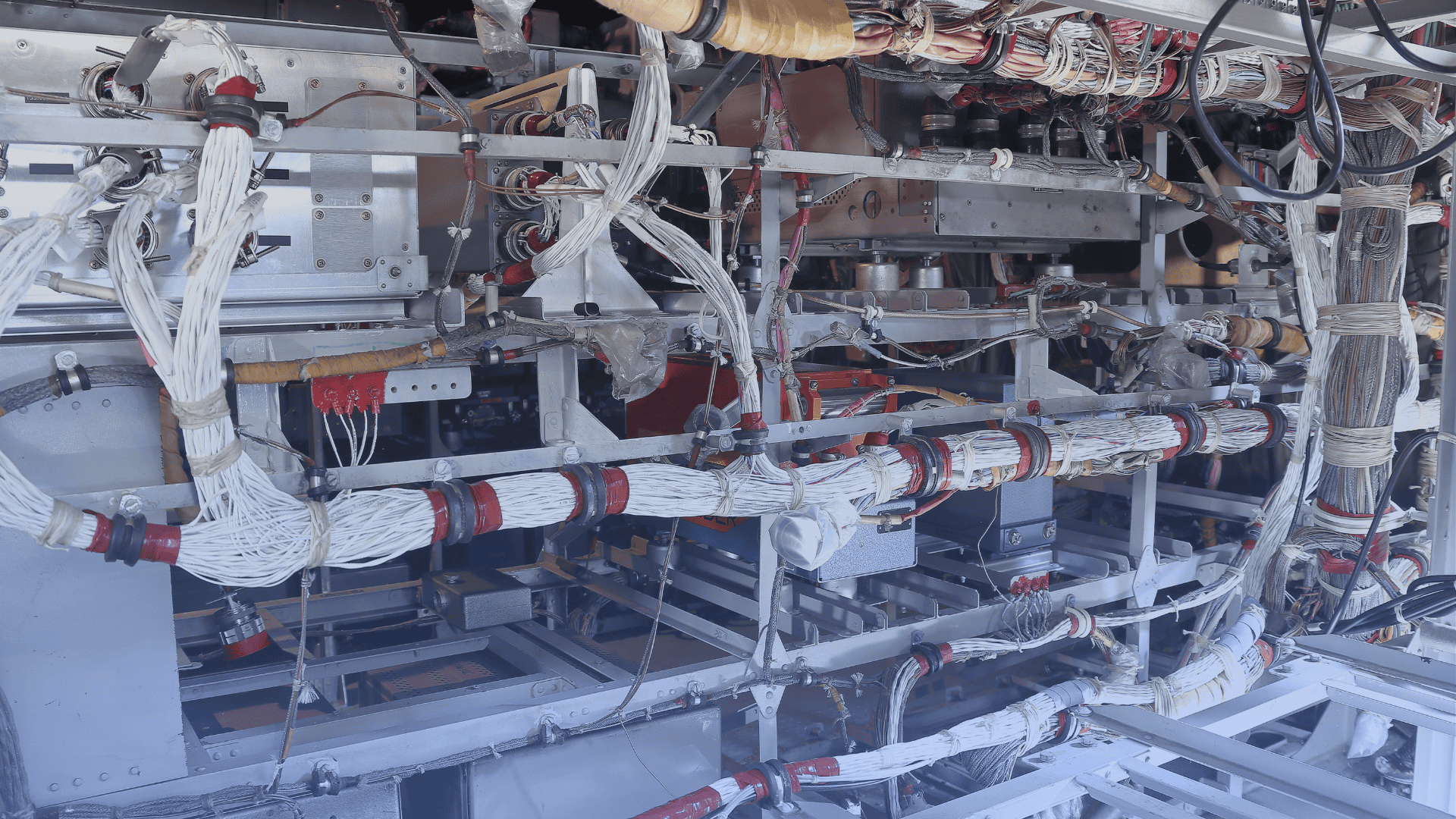
Generative engineering
Harness design fails when complexity outpaces validation. This article breaks down how requirements, routing, and physical integration must be engineered as a single, rule-driven workflow—across industries.
8 min reading
RESOURCES
BlogarticlesExplore how AI is augmenting engineering by accelerating design, enhancing precision, and unlocking new possibilities. Through articles, insights, and industry perspectives, we dive into the future of intelligent design automation.

Generative engineering
Harness design fails when complexity outpaces validation. This article breaks down how requirements, routing, and physical integration must be engineered as a single, rule-driven workflow—across industries.
8 min reading
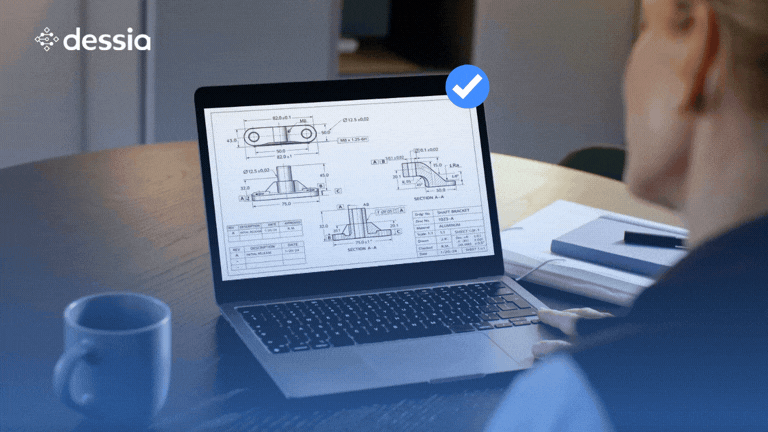
Engineering intelligence
2D design verification is challenging not because drawings are missing, but because consistency across drawings, BOMs, grids, and metadata is hard to maintain at scale. This article explains why manual checks break down—and how automation fixes it.
9 min reading

Design optimization
GenAI can impress in pilots yet fail to move the P&L. The unlock is applied AI: domain-specific, embedded in real workflows, and managed against hard engineering KPIs.
6 min reading

Design optimization
Designing for cost and PCF isn’t about better formulas—it’s about making manufacturing assumptions explicit, structured, and reusable. Dessia contextualizes assemblies so teams can compare variants consistently and turn carbon into an early, decision-grade engineering signal.
6 min reading

Engineering intelligence
Reuse doesn’t scale when it’s just “find a similar part.” It scales when decisions become standardized and cost-controlled. Dessia connects 3D design heritage to trusted costing references so teams can compare options, converge faster, and keep variants aligned across the lifecycle.
6 min reading

Engineering intelligence
Knowledge graphs connect engineering entities, rules, and evidence into a computable network—so design teams can accelerate impact analysis, traceability, reuse, and decisions.
5 min reading

Design optimization
Spreadsheets can score impact—but they can’t keep up with real design iteration. Dessia contextualizes sustainability logic into a model you can compare, explain, and reuse.
7 min reading
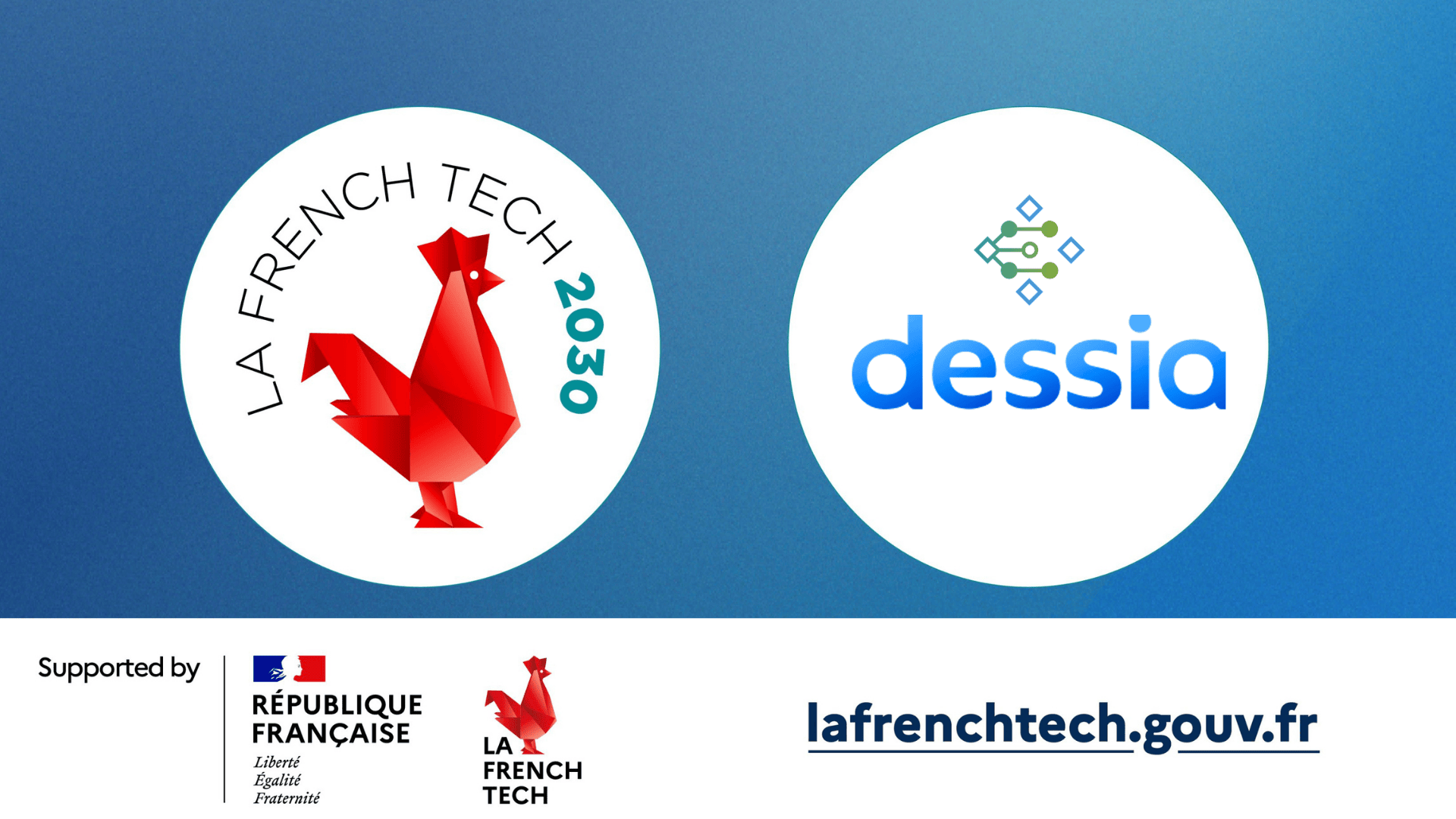
Industry insights
Dessia has been selected to join the French Tech 2030 cohort — a national recognition of its AI-driven approach to reimagining engineering, accelerating innovation, and strengthening France’s technological sovereignty.
4 min reading

Engineering intelligence
As industries race toward net-zero, Dessia envisions a new era where design engineers turn CAD and PLM data into real-time carbon intelligence — transforming sustainability from estimation to engineered precision.
6 min reading

Generative engineering
Digital transformation isn’t the endgame — it’s the beginning. Discover how Generative AI and Dessia’s explainable platform are shaping the next era of continuous, intelligent engineering.
6 min reading
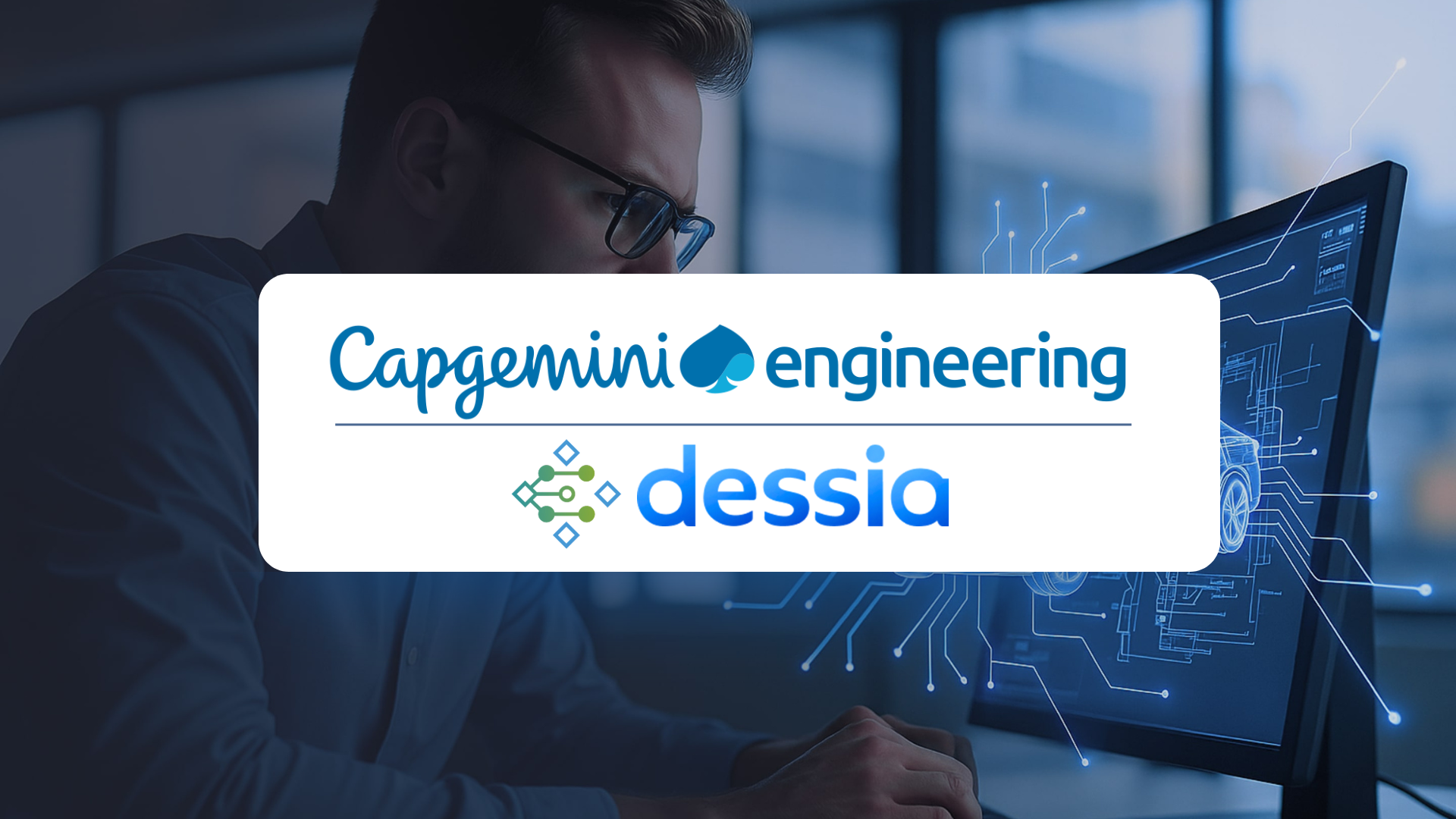
Engineering intelligence
Capgemini joins forces with Dessia Technologies to accelerate the digitalization of engineering processes. This strategic collaboration enables the integration of explainable artificial intelligence into complex industrial environments through a robust, scalable, and business-driven approach.
6 min reading

Engineering intelligence
AI has become the universal symbol of productivity. But in engineering, the usual metrics—speed, cost, throughput—fail to capture what truly matters. This article explores why legacy benchmarks distort value, and unveils the new indicators that will define the future of Engineering AI.
6 min reading

Engineering intelligence
Not all AI is built for engineers. Dessia’s libraries go beyond automation, weaving logic, rules, and structure into design data. The result? Intelligence you can trust — hidden inside your CAD, waiting to be unlocked.
8 min reading

Generative engineering
Generative AI creates plausible outputs, but engineering demands verified ones. Dessia’s deterministic AI ensures compliance, traceability, and first-time-right design.
8 min reading

AI & automation
Engineering traceability often breaks under fragmented data, slowing teams and adding risk. This article explores how AI-powered digital threads turn it into speed, assurance, and advantage.
7 min reading

Engineering intelligence
Modern engineering systems require scalable, cross-domain V&V. By leveraging graph structures, engineers can ensure consistency, traceability, and rule-based compliance across CAD, PLM, and requirements models.
9 min reading
.jpeg)
AI & automation
Modern manufacturing is under pressure: more agility, less downtime, smarter space planning. Yet raw 3D scan data still slows everything down. The future? AI-driven layouts that finally make digital twins scalable.
8 min reading

Generative engineering
Forget design prompts and flashy renderings, real engineering transformation won’t come from speculative generative AI. The real advantage? Capturing and scaling the logic your best engineers already use.
7 min reading

Engineering intelligence
Most teams don’t lack design data—they lack ways to use it. This article shows how AI unlocks part reuse, rule enforcement, and real engineering speed.
7 min reading
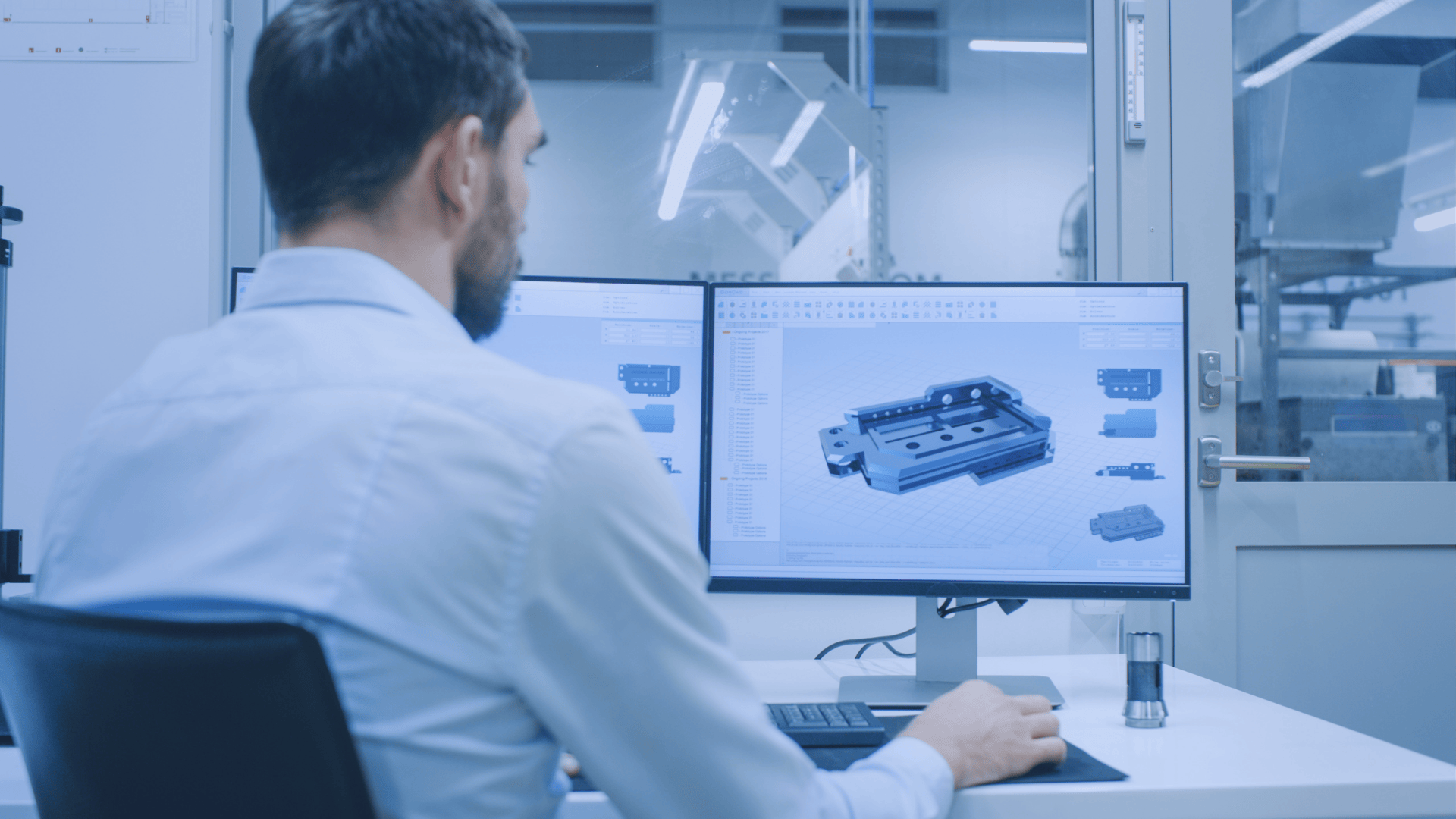
AI & automation
By linking CAD geometry, PLM metadata, and engineering rules through AI, Dessia enables fully connected, traceable, and automated design workflows at scale—improving speed, quality, and compliance across engineering teams.
8 min reading
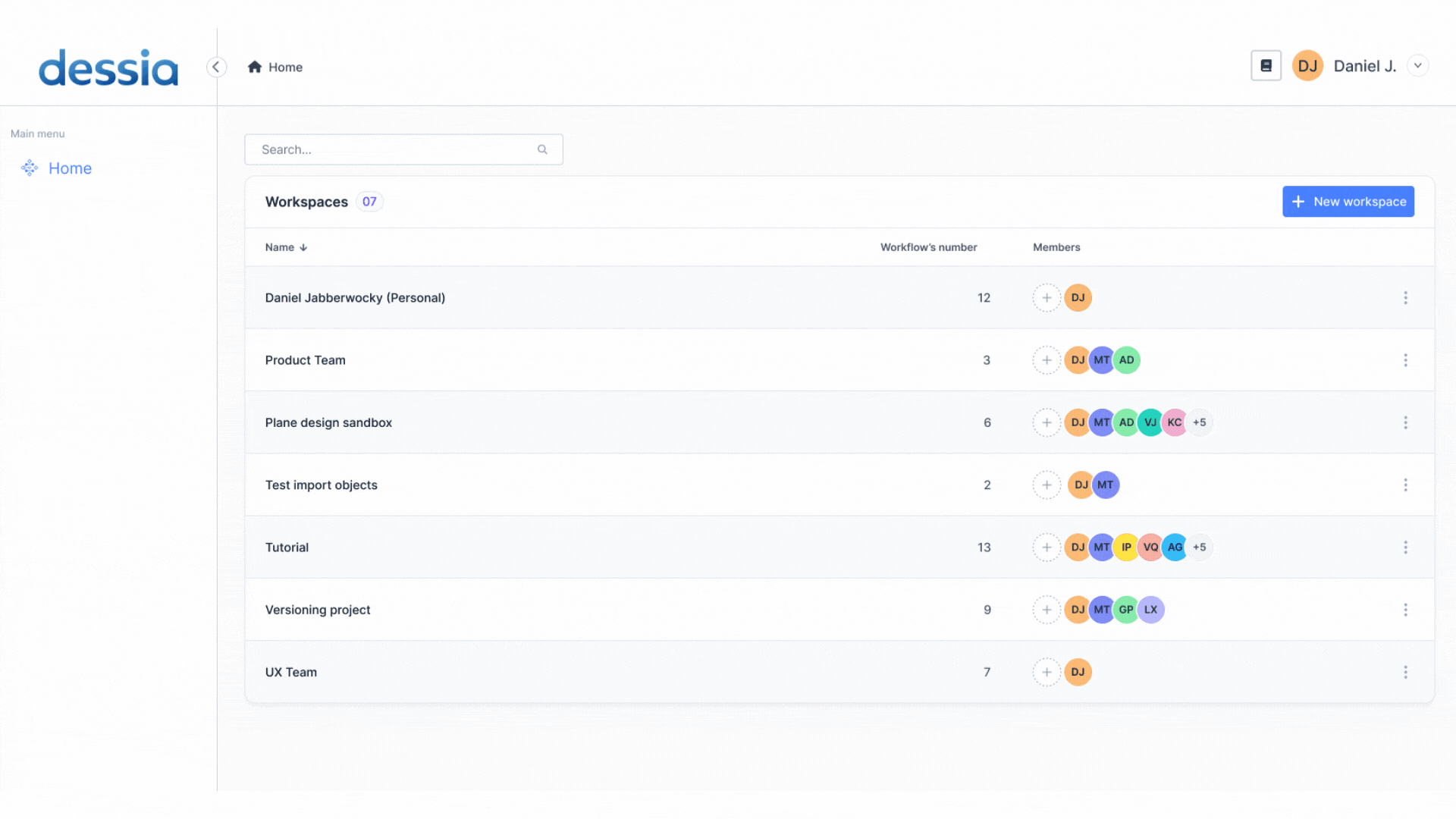
Product updates
July 2025 - A New step in AI industrialization for 3D modeling and design
4 min reading

AI & automation
Manual 2D drawing checks create delays, errors, and hidden costs. Explore how automated validation enhances accuracy, traceability, and engineering efficiency.
8 min reading

Engineering intelligence
Discover how AI is transforming engineering workflows — from automated validation to layout optimization — and what your design team needs to do now.
10 min reading

Industry insights
Aerospace is booming — but the talent pool isn’t keeping up. As the industry faces a historic demand for aircraft and services, companies are struggling to recruit and retain engineers, technicians, and pilots. Why? And how can we turn this challenge into an opportunity?
7 min reading

Engineering intelligence
Explore how AI is revolutionizing automotive engineering, from generative design and architecture optimization to intelligent workflows and system integration
9 min reading

AI & automation
The aerospace industry is entering a new era—driven by digital engineering, AI, and automation. Electrification, sustainability goals, and rising design complexity are pushing OEMs to adopt intelligent systems across the entire aircraft lifecycle. From system architecture to predictive maintenance, aerospace engineering is becoming more connected, precise, and traceable—unlocking a smarter, safer, and more adaptive way to build and operate aircraft.
8 min reading

AI & automation
Industry 4.0 introduced automation, IoT, and smart factories — connecting machines, data, and systems for efficiency. Industry 5.0 builds on that by re-centering humans: blending AI with creativity, ethics, and sustainability. It’s not about replacing people, but empowering them — using AI as a co-pilot to explore better designs, adapt to constraints, and accelerate innovation. The shift reflects a new priority: not just speed, but purposeful, human-centric engineering.
6 min reading

Design optimization
AI empowers engineering teams to automate design tasks, validate complex rules, and explore better architectures—helping manufacturers move faster and smarter.
7 min reading

Generative engineering
AI generative design transforms design engineering by enabling the rapid generation, visualization, and comparison of valid, constraint-driven design variants.
7 min reading

AI & automation
AI agents are transforming engineering by moving beyond task-based automation toward autonomous, goal-driven collaboration across tools, teams, and data environments. Built on the foundation of AI apps, they enable real-time decision-making, continuous monitoring, and smarter design workflows that adapt dynamically to evolving project needs.
7 min reading

System architecture
Discover how electric vehicle harness design evolves with AI to enhance safety, scalability, and performance across next-gen EV platforms and engineering teams.
7 min reading

With a €3 million fundraising round, Dessia accelerates its international expansion and strengthens its teams to become the leader in engineering process automation.
7 min reading

Dessia, The french Artificial Intelligence Start Up developing the first generative engineering platform, is proud to announce its new partnership with Plastic Omnium, a major player in the automotive industry and global leader in green mobility solutions. This collaboration aims to optimize Plastic Omnium's product design by leveraging the advanced design decision support capabilities offered by Dessia.
3 min reading
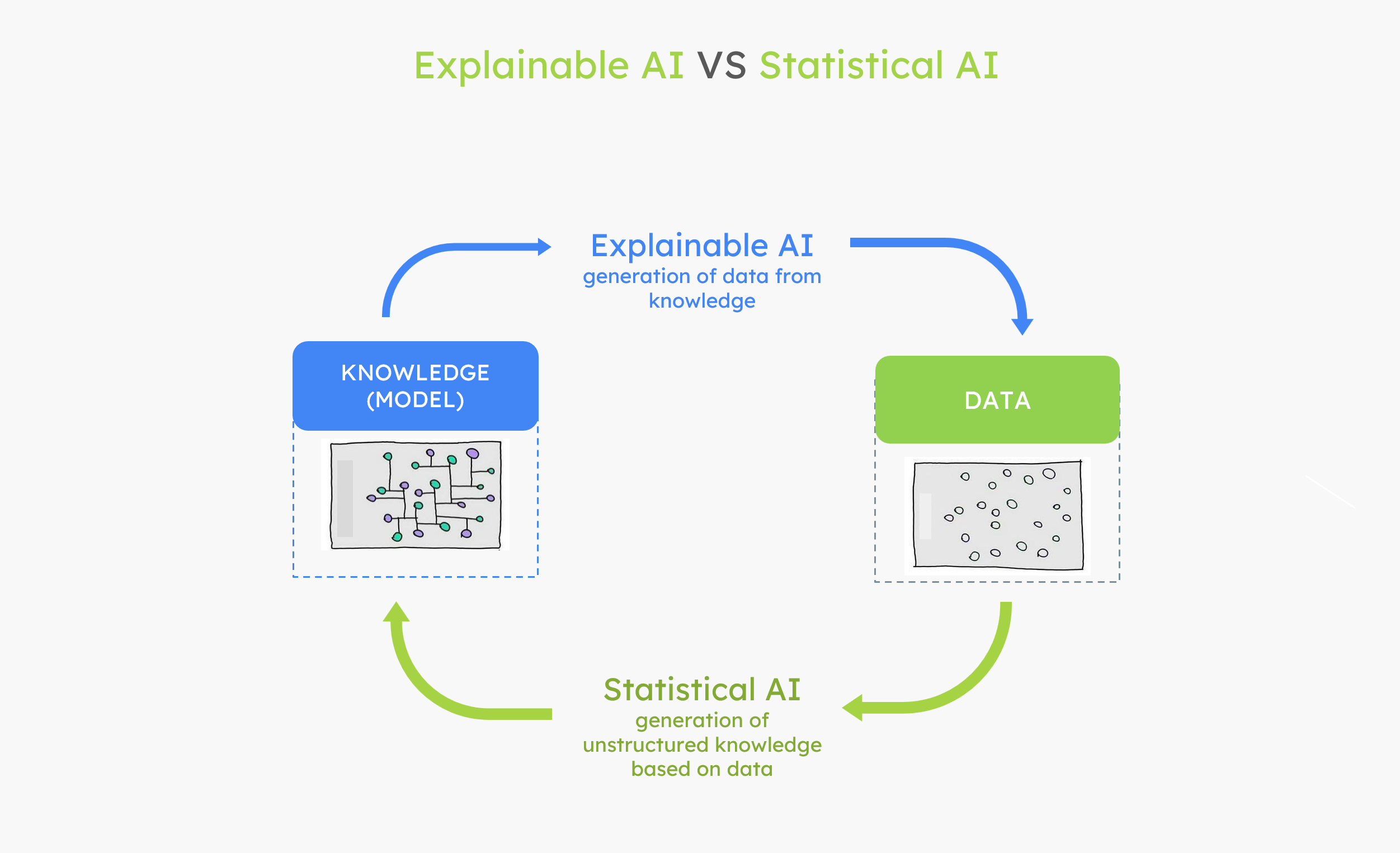
Explainable AI, often referred to as the 'XAI,' represents a critical bridge between the complexity of AI algorithms and the practical needs of engineers. It offers the capability to demystify the decision-making black boxes inherent in AI systems, providing engineers with invaluable insights into why and how specific choices are made. In the context of hardware engineering, where precision, reliability, and safety are paramount, XAI emerges as a cornerstone technology, enabling engineers to confidently leverage AI-driven solutions for critical tasks
8 min reading

There exists a common perception that mechanical engineers tend to minimize their involvement in programming, opting to steer clear of it whenever possible. If they cannot automate a task using Excel, they often choose to avoid programming entirely. In the day-to-day routine of mechanical engineers, programming typically assumes a secondary role or sometimes no role at all. Their primary focus revolves around machine design, dynamics, and material science, with programming not being a prominent aspect.
6 min reading
.png)
Are you leading a digital transformation initiative, focused on Industry 4.0, and looking for the best levers to reduce your engineering costs while guaranteeing product performance? Generative engineering could meet your needs.
3 min reading

Knowledge Based Engineering (KBE) is an engineering methodology that enables the generation of engineering products based on the prior experiences and knowledge held by experts in a field. It is a powerful tool for industrial companies that are looking to increase their efficiency and reduce costs while still delivering high-quality products.
4 min reading

AES is a type of software designed to help engineers process complex tasks faster and more efficiently. It provides a set of tools that enable engineers to quickly analyze data, visualize 3D models, identify potential problems and generate solutions
6 min reading

Use case of collaboration between Dessia and Renault
7 min reading

Design to cost might be a game changer for industries, with its focus on budget constraints and a flexible vision of field operations
6 min reading

Dessia Technologies's new project makes it possible to design the components of an electric car through automation and explainable artificial intelligence, with remarkable gains in time and cost.
6 min reading

France is investing 100 billion euros in “pocket-size reactors”: a cost-effective alternative that has been drawing the attention of world powers
5 min reading

The high price of electric cars compared to combustion engine ones pushes stakeholders towards one of two strategies
8 min reading

Automating part of design tasks will help industry players attain their financial and environmental goals.
7 min reading

The software publisher announces the wrap-up of a first financing round with Supernova Invest, btov Partners, Go Capital and BPI.
8 min reading

Artificial intelligence will be a major asset for European industry in these times of crisis.
4 min reading